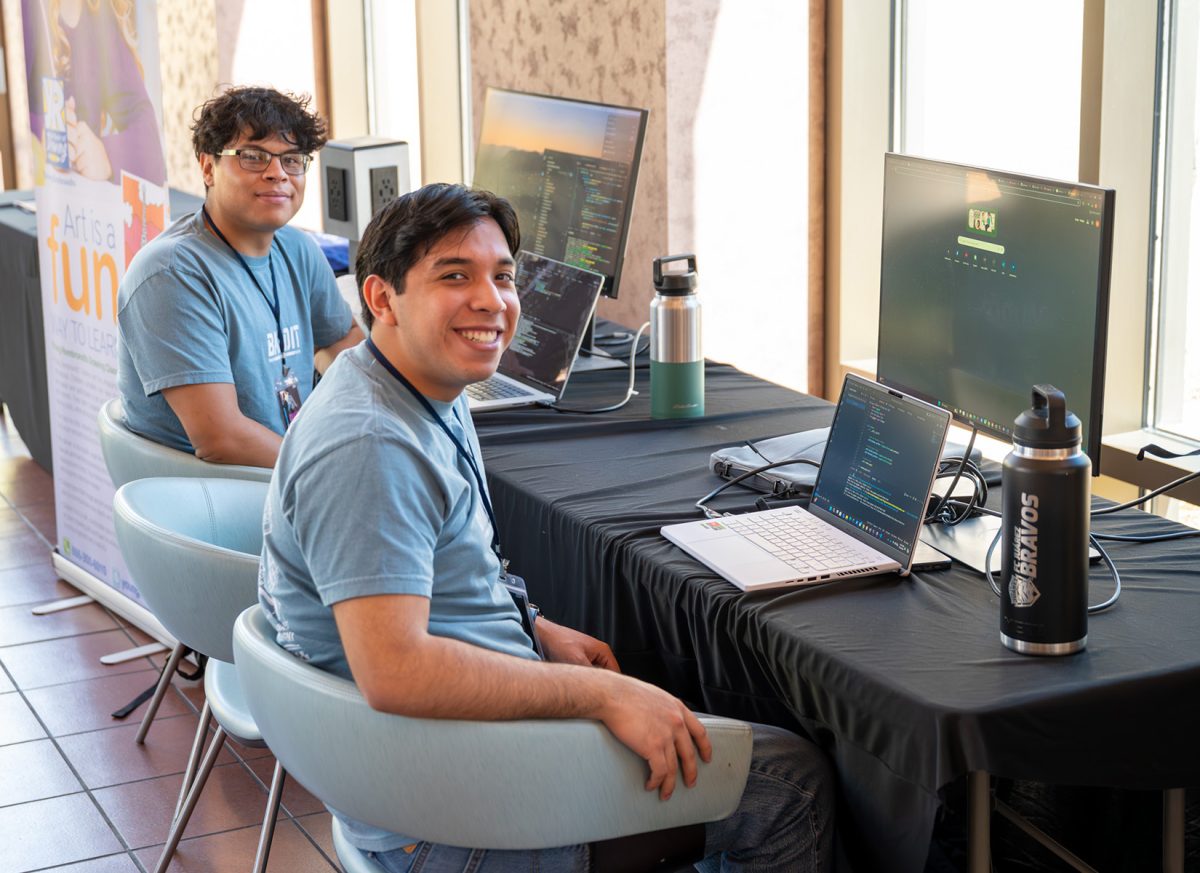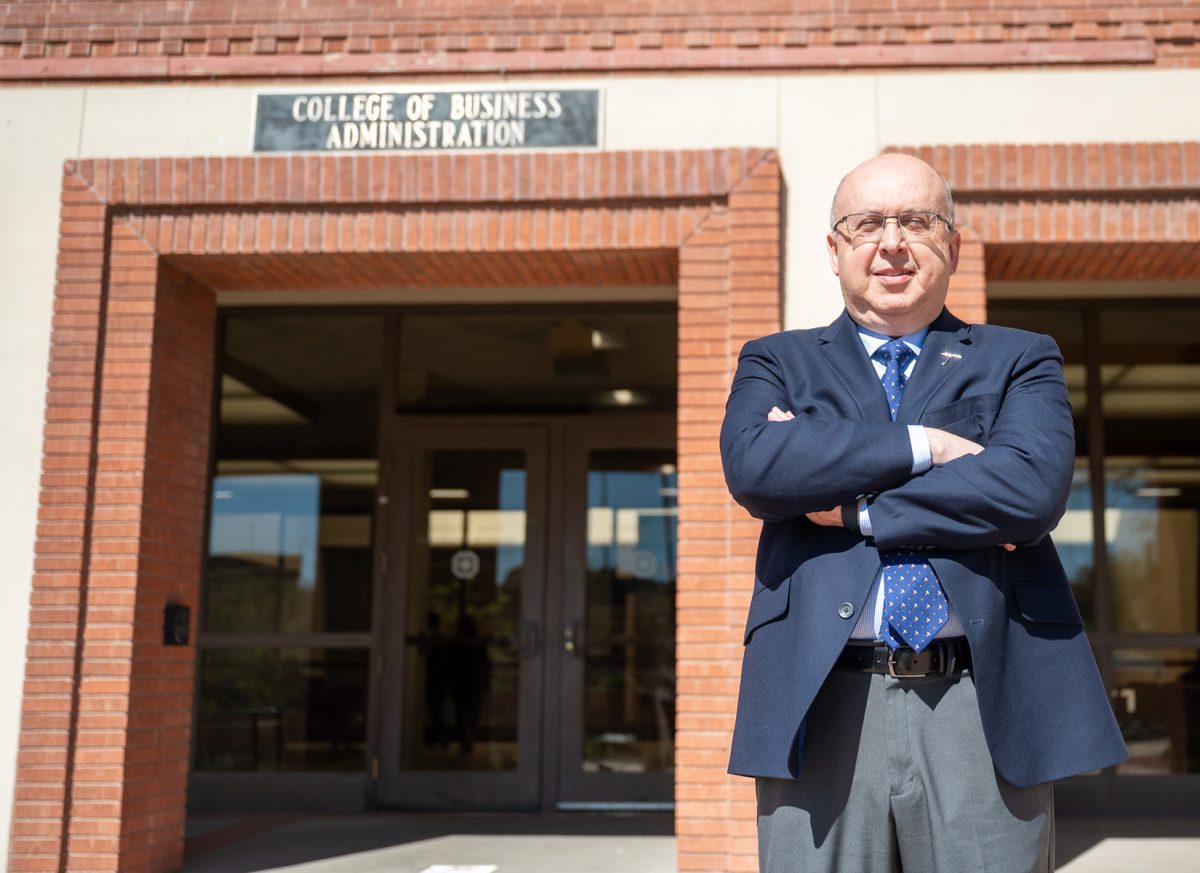WASHINGTON—Elections are just around the corner, and yes, there is an app for that. But it won’t vote
for you.
In a buzzing and ringing world, technology has become an integral part of society, where almost anything can be done with the press
of a fingertip.
But when voting is involved, things get a little tricky. With more than a million apps in the Google Play store and 900,000 apps in the Apple Store, users can download a variety of voting and polling apps.
Several states, including Tennessee and Louisiana, have released voting apps that are free or can be purchased in the Apple and Android store for smartphones. New Hampshire is developing its own app for the midterm elections. Voters can’t cast ballots with these apps, but they can use them to find polling locations, ask for absentee ballots, look at sample ballots and more.
The D.C. Board of Elections released its free app that can answer questions about the Nov. 4 election.
“It’s a great trend for elections offices to be putting these kinds of tools out there. Not only does it help voters, but it can also ease some of the burden on calls coming in at busy times for finding polling places,” Pamela Smith, president of Verified Voting, said. Her group provides voting information and wants to make sure technology is adopted carefully.
Although technology continues to move forward, casting votes with mail-in ballots or voting in person won’t be the norm for a long time
because apps and online voting still carry a high security risk.
“Relying on votes to come through smartphones or computers to honestly represent his/her intentions is naïve, where malware is prevalent as it is,” Rep. James Langevin,
D-R.I., said.
Langevin introduced the Cyberspace Coordination Act in 2013 which would revise requirements dealing with federal information security and protecting cybersecurity.
The bill was sent to a committee Aug. 2, 2013, a few months after Chinese hackers broke into the computer networks of the U.S. government.
Election committees and security experts worry that once votes begin to be submitted electronically, hackers may breach systems or malware can be sent back to the voter’s computer or smartphone. Both could end up changing a vote.
“Identity is a real problem today,” said Kent Landfield, director of standards and technology policy at McAfee. “Today, we don’t have an infrastructure that can successfully work well and guarantee electronic voting online.”
States tried to set up online voting systems for members of the military serving overseas in 2012, but too many security risks were involved. Now, military personnel can download a ballot if they have Internet access and return the ballot using express mail and prepaid postage.
Smith said that there are too many unsolved problems with security and privacy for votes to be managed solely electronically.
“You can’t just call up an election official about the ballot you just cast to make sure they received it or make sure they got your vote correct,” Smith said. “They shouldn’t be able to answer that question because you should be able to remain anonymous when voting, and that anonymity principle is important.”
Lorain Watters is a senior multimedia journalism and psychology major at UTEP. She is currently participating in the Scripps Howard Foundation Wire’s Semester in Washington Program. She can be reached at [email protected]














